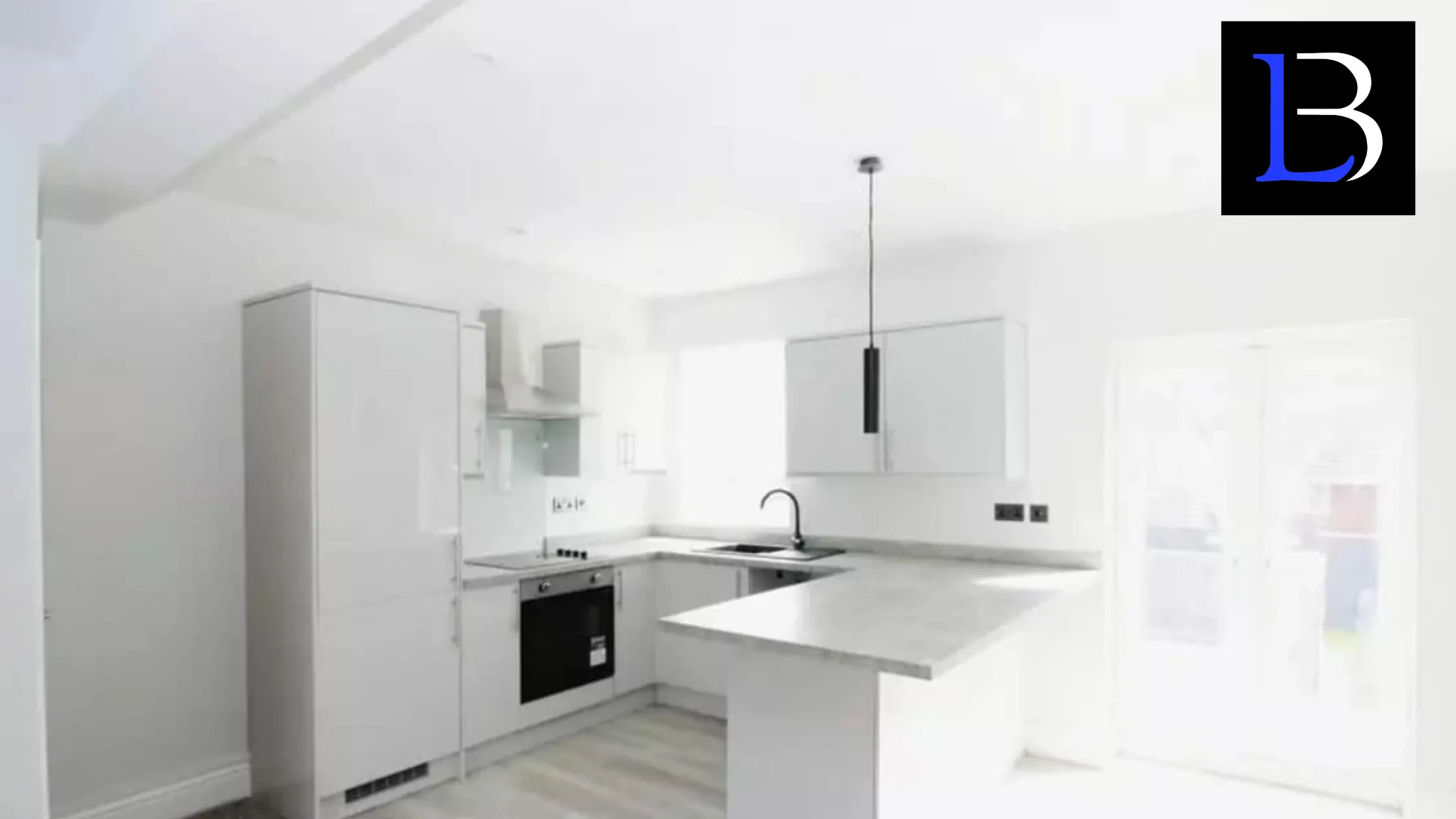How to Choose the Right Contractor for a Home Extension

Planning a home extension is an exciting step towards creating more space and enhancing the value of your property. However, choosing the right contractor can make all the difference between a smooth, successful project and one filled with delays, frustration, and unexpected costs. With so many contractors to choose from, knowing what to look for can feel overwhelming. This guide will help you make an informed decision, ensuring that you hire the right professional for your home extension.
Key Steps to Choosing the Right Contractor
1. Start with Recommendations and Reviews
One of the best ways to find a reliable contractor is through personal recommendations. Ask friends, family, or neighbours if they’ve had similar work done and if they were happy with the contractor. You can also check online reviews on trusted platforms like Trustpilot, Checkatrade, or MyBuilder to see what past clients have said about their experiences.
Look for contractors with a strong track record of positive feedback, especially for home extensions, as this type of work requires specific skills and experience.
2. Check Qualifications and Experience
When vetting potential contractors, make sure they have the relevant qualifications and experience for your project. Key credentials to look out for include:
- Membership in professional organisations like the Federation of Master Builders (FMB) or the National Federation of Builders (NFB). These memberships often require contractors to meet strict quality and safety standards.
- Experience in home extensions: Ensure the contractor has successfully completed similar projects. Ask for examples of their work or references from previous clients.
- Insurance: Confirm that the contractor has proper liability insurance to cover any accidents or damage during the project. This is essential to protect both you and them.
3. Get Multiple Quotes
It’s important to get detailed quotes from at least three different contractors. This allows you to compare prices, timelines, and the scope of work each contractor is offering. A good contractor will provide a clear breakdown of costs, including labour, materials, and any additional fees, such as waste removal or VAT.
Be cautious of quotes that seem too low – this could indicate the contractor is cutting corners or underestimating the complexity of the project. On the flip side, an overly high quote doesn’t always mean better quality, so consider all factors carefully.
4. Ask for a Detailed Contract
Before agreeing to any work, ensure that you have a written contract in place. This document should clearly outline the following:
- Scope of work: A detailed list of what the contractor will be responsible for.
- Timeline: Estimated start and finish dates, as well as any key project milestones.
- Payment schedule: Clear instructions on how and when payments will be made. Avoid contractors who ask for large upfront payments.
- Warranties and guarantees: Make sure to clarify any guarantees on the workmanship and materials used.
A clear, written contract protects both you and the contractor by ensuring everyone is on the same page.
Warning Signs to Watch Out For
When choosing a contractor, be aware of red flags that might indicate they’re not as reputable as they seem. Here are some key warning signs to look out for:
- Unrealistically low quotes: If the price seems too good to be true, it probably is. Some contractors may offer a low estimate only to tack on extra costs later.
- Lack of references: If a contractor can’t provide references or examples of past work, proceed with caution.
- Poor communication: If the contractor is slow to respond, difficult to reach, or doesn’t listen to your concerns, this could be a sign of problems down the line.
- Pressure tactics: Beware of contractors who pressure you to make quick decisions or sign contracts without giving you time to review them.
Questions to Ask Potential Contractors
Before making your final decision, it’s a good idea to meet with your shortlisted contractors in person to ask important questions. Here are some key questions to ask:
- How many similar home extension projects have you completed?
- What is your availability? Will they be able to start your project within a reasonable time frame, or are they overbooked?
- Who will be managing the project? Will the contractor personally oversee the work, or will it be delegated to subcontractors?
- What are the key challenges you foresee with this extension? This will give you an idea of how well the contractor understands your project.
- What is your policy on unforeseen delays or extra costs? Make sure you’re clear on how changes will be handled.
The Importance of Good Communication
A successful home extension project depends on effective communication between you and your contractor. From the initial consultation to the final touches, you’ll want a contractor who is responsive, listens to your concerns, and keeps you updated throughout the process.
Good contractors will explain every step of the project in terms you can understand, ensuring you’re comfortable with what’s happening at each stage. If they seem dismissive or unwilling to discuss details, they might not be the right fit for your project.
Final Thoughts
Choosing the right contractor for your home extension is a critical decision that can make or break your project. By taking the time to research, check qualifications, and ask the right questions, you’ll significantly reduce the risk of running into problems during the build. A reputable, experienced contractor will help ensure your home extension is completed on time, on budget, and to the highest standard.
Whether you’re adding a single-storey rear extension or a loft conversion, working with the right professional will turn your home improvement dreams into reality.
